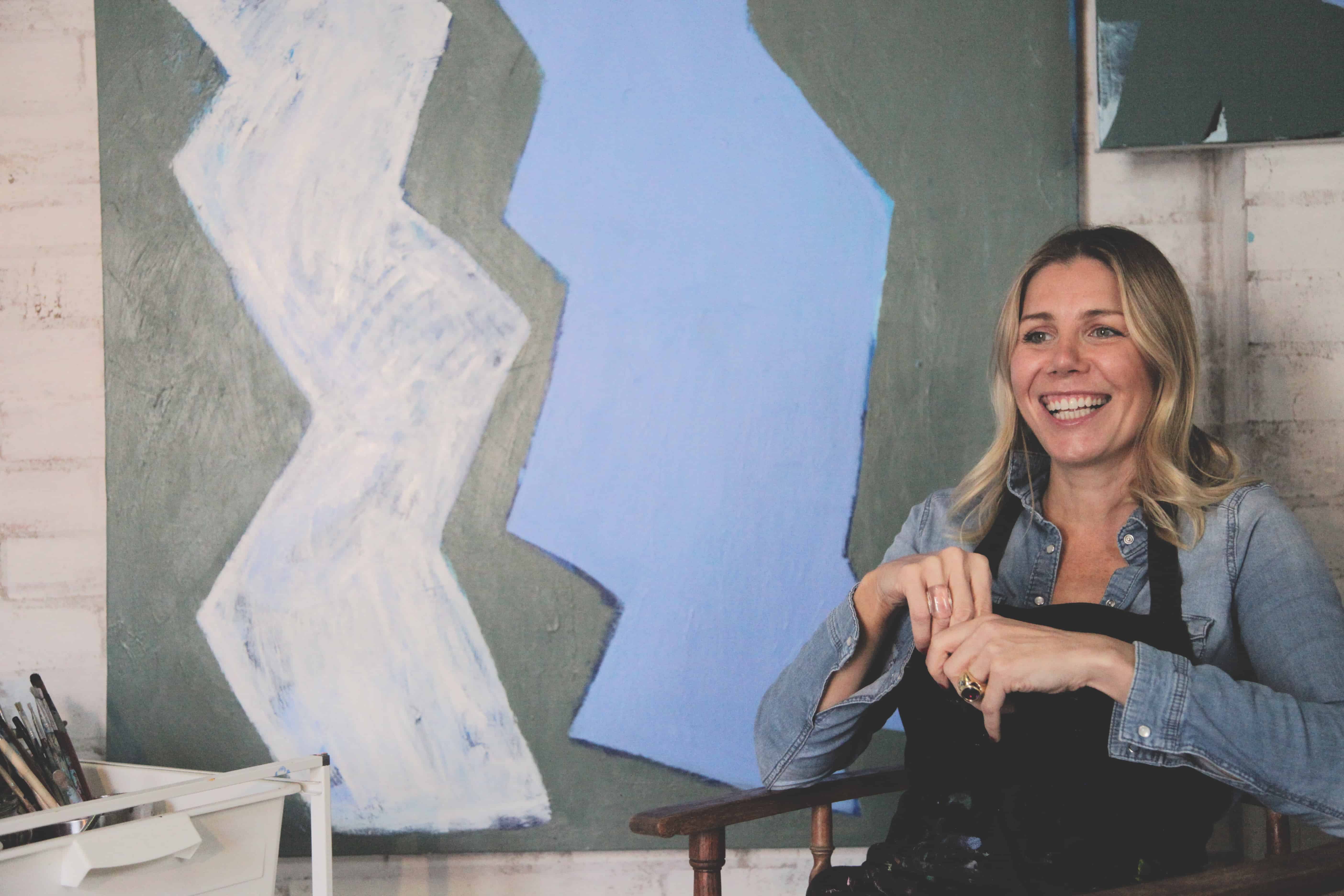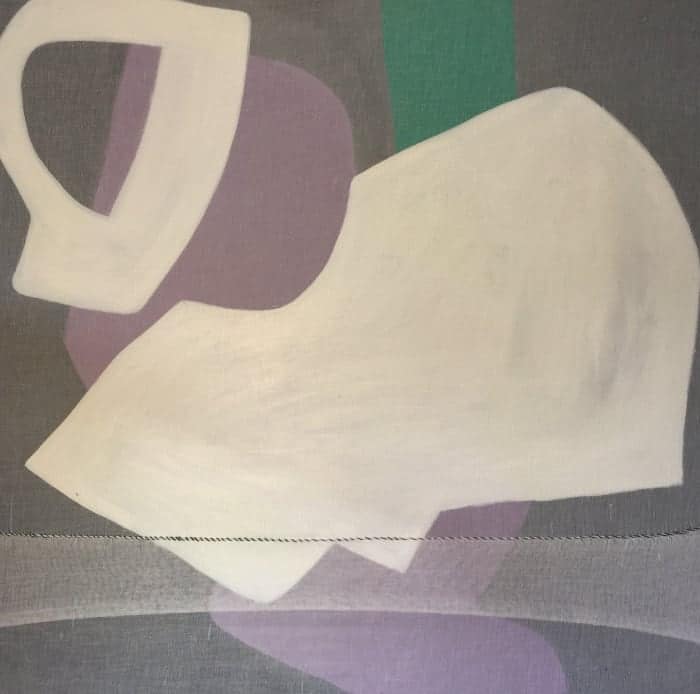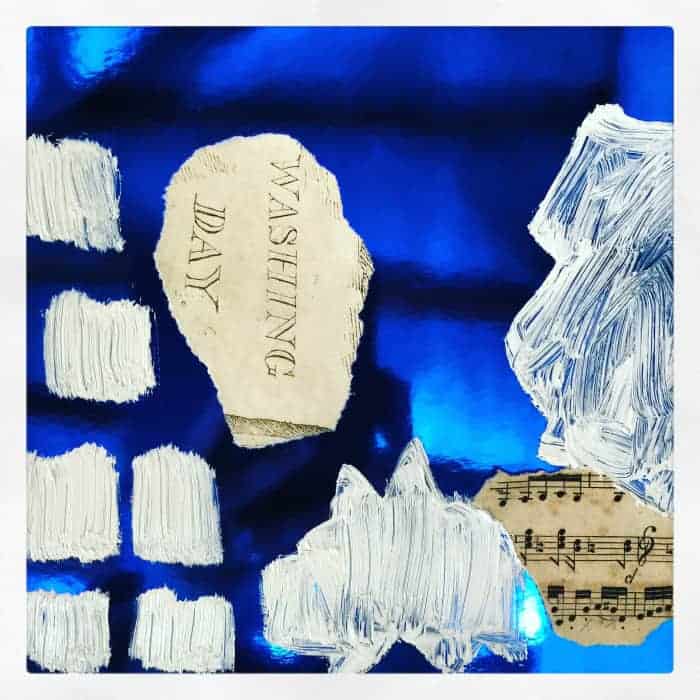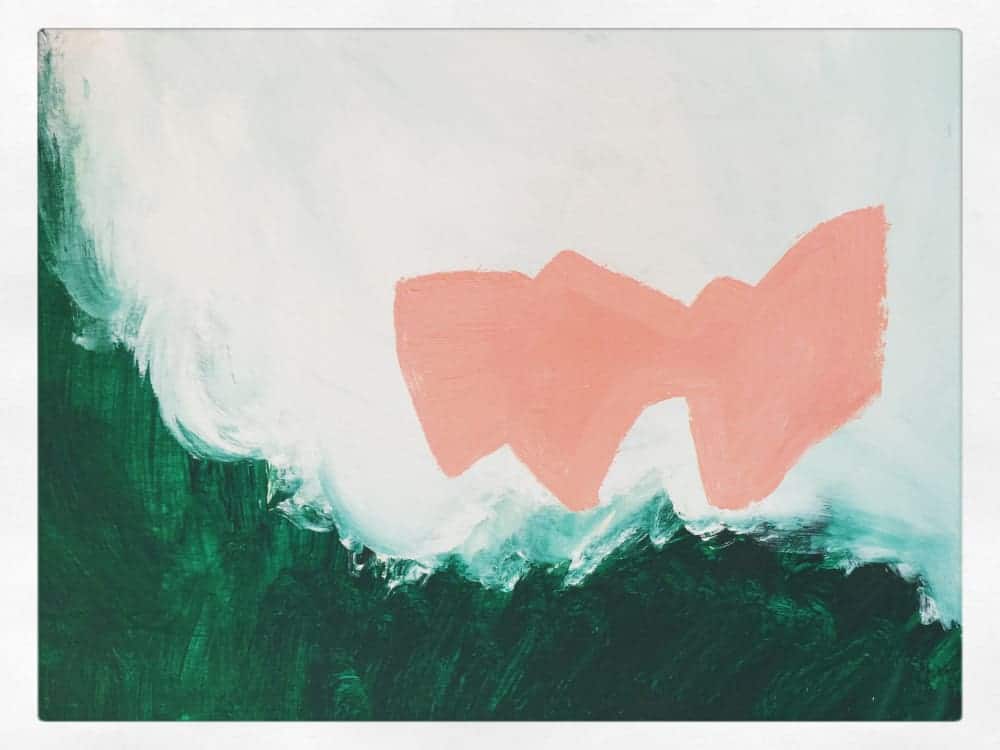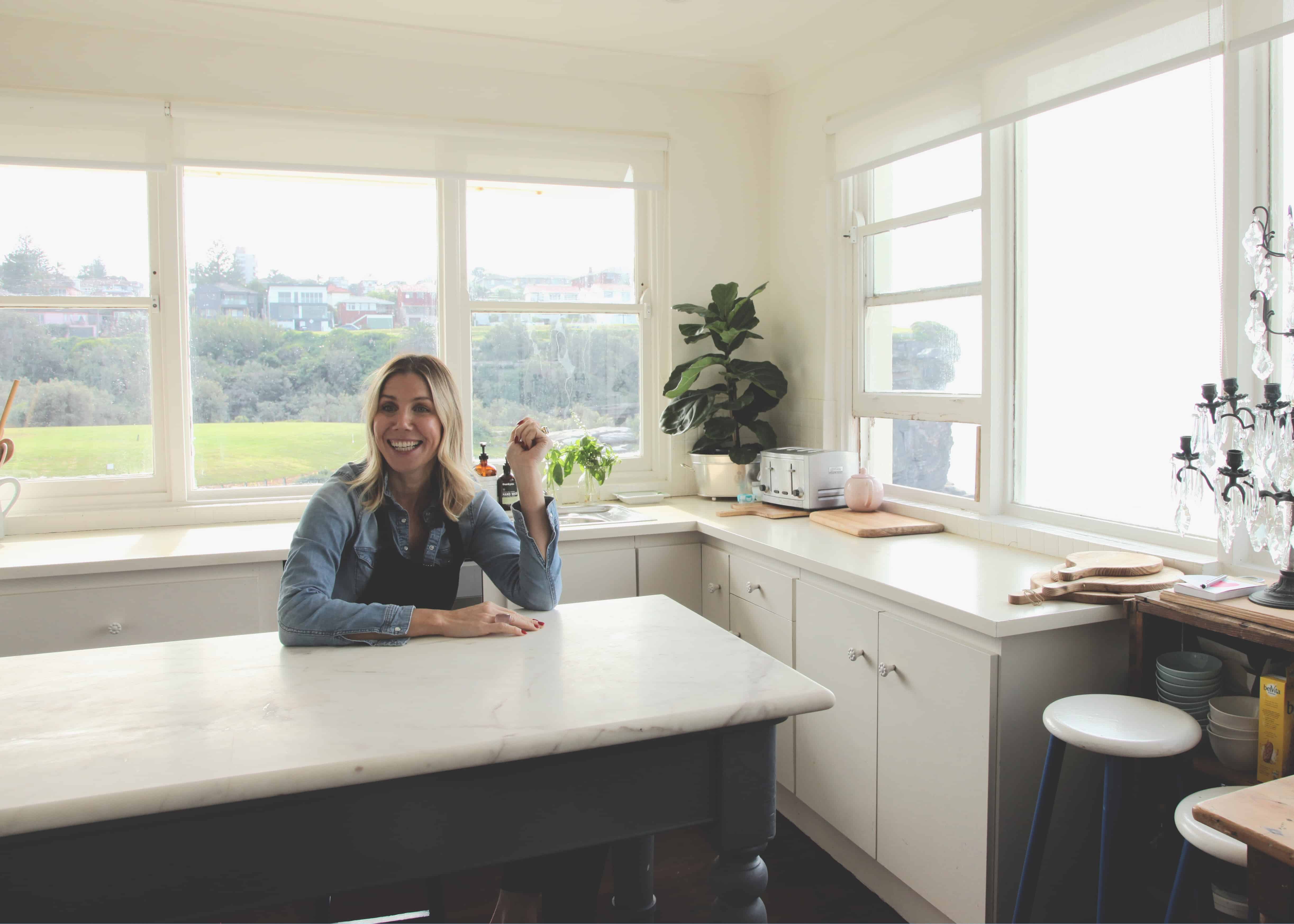
Athena Xenakis Levendis is a talented Sydney based artist with a strong Greek heritage. Born in Australia and raised in Marousi, Athens she has always had an eye for detail and passion for art. Her formative education took place in Greece; including a Diploma in Fashion and Textile Design from AKTO.
Athena later returned to Australia where she completed a Bachelor in Fine Arts, at the National Art School and since then has partaken in numerous group exhibitions whilst practicing her skills and developing her methodology. This includes exhibitions such as 'Do You Remember Patrida?', 'Art Expo' and in 2015 was recognised by the Greek Ambassador at 'Lemnos – the Greek dimension in the ANZAC Centenary' exhibition.
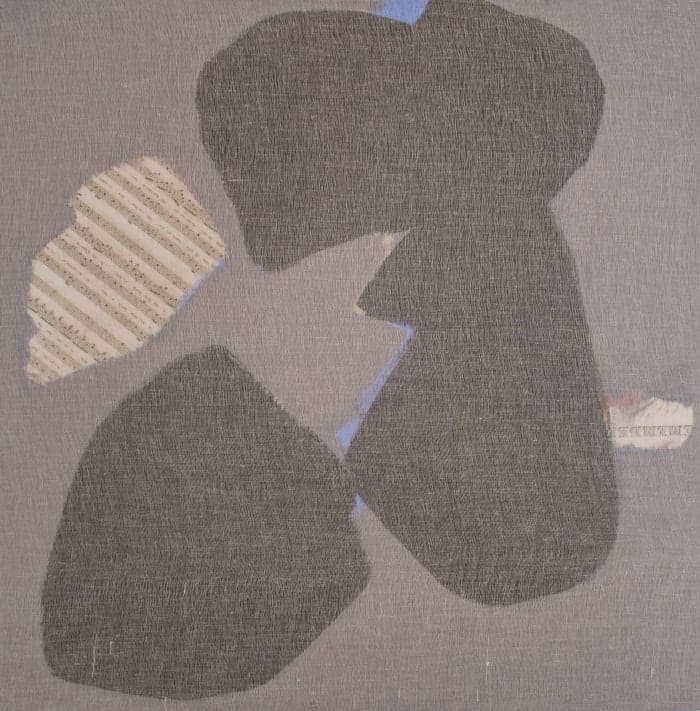
Previous solo exhibits include installation work, sculptures and her paintings, with collections such as ‘The Forbidden one’ and her 2014 exhibition ‘Veils of a Cryptic Message from the Soul.’
According to Athena, every time she is in her studio working on the next piece, there is an instant disconnect from the outside world.
“All communications evolve around the eternal and spiritual connection I have with my essence. It is very abstract and only art could possibly record the signals from a higher consciousness- known to most of us as God."
Drawing inspiration from her Greek heritage, Athena is creative and passionate about projects she takes on and doesn’t follow trends. Instead she prefers to create a style of her own.
GCT paid Athena a visit to her lovely art studio, where she spoke openly about her Greek upbringing, passion for creativity and desire to present the unknown through her work.
When did you realise you had a passion for the Arts?
There was a really hideous painting at our home and I was only about five years of age, but I managed to find some paint and splatted all over it. This was an expensive oil painting of an ocean and I went and placed birds and trees all over it. I think I always wanted to change my environment and started developing my own taste from young. I always won the competitions at school for anything creative; whether it was the Easter hat parade or the poster for recycling- it just came naturally to me.
Did you believe you would end up being an artist?
No. When I was eight we relocated to Athens, I grew up in Marousi and went to a Greek American College. I was involved in the school newspaper and at the time I thought I wanted to be a journalist. I also got into acting and did a theatrical performance that took us all through Greece. When I finished high school I was supposed to go into the School of Theatre in Athens, and the day of auditions I got cold feet. Through my Panellinie’s (Greek high school exams) I was able to study archeology but I wasn’t really interested in that either. My father suggested I become a designer, as I had a love of fashion- so I ended up going to AKTO and did textile design.
What was the reason for your return to Sydney?
My father bought my sister and I tickets to come for a holiday and while I was here I was told because I was an Australian citizen, I would be able to study in Australia anytime. Soon after I returned to Athens my father died of a heart attack, my fashion career wasn’t shaping up into what I wanted it to be and all the arrows kept pointing back to Sydney to study art.
How did it feel relocating from Athens to Sydney?
Day two, after arriving, I went into David Jones (a leading Australian department store) and had a job interview. I got the job pretty much on the spot and they had me working on every level in there. Growing up in Athens, you become really street smart and feel as though you can do anything- it’s just the culture. When I came to Australia I felt far more mature and it was as though I had this advantage, as I had lived in Europe. Greece was more advanced at the time and it was a whole different culture and to me when I first arrived in 1996, Australia seemed very raw and almost natural and innocent compared to Greece, which was very progressive and quite competitive at the time. Basically, if you were half asleep you would lose your job in a day but I didn’t feel that pressure here in Australia, it really did seem like the land of opportunity.
Was it an easy process to get into Arts School?
When I gave my portfolio to the National Arts School, during the interview they told me they loved my work and even more so they loved my surname. Ron Robertson-Swann (famous Australian sculptor) who was conducting the interview at the time turned and said to me “Giannis Xenakis?” and I said, “Yes he is my uncle,” and they all got up and applauded. They were really into my uncle’s music, which is very electronic and unique and he isn’t that famous but they knew him. So I think that helped me a little bit, as they would only submit about 95 students from the whole of Australia and I made it.
What were the most important lessons you learnt during your time at National Arts School?
It taught me to use my materials and to have a sense of dedication. I remember one of our teachers saying even if you go into your studio for 20 minutes and sit there with a cup of coffee, or manage one line on a piece of paper it’s better than doing nothing at all and never showing up. It taught me commitment and I’ve had that since day one. Even if I go to the studio and draw on a piece of paper or throw some paint on it, I will always try and do that.
When did your art career officially begin?
The year 2000 is when I started pursuing it professionally.
Can you describe your art?
My work is abstract, it’s conceptual and figurative. I am painting about another dimension- about emotions and so really, how do you translate that? It also depends on someone else’s beliefs or aesthetics so you can’t box it into one style as it is really unique. I’m doing what I see in my meditations, or what I feel and so I really haven’t embarked on following a trend in what is happening in the art world. I don’t look at other artist’s work, purely because I don’t want to be influenced. Not because I don’t appreciate it- I love looking at art and when I’m overseas I do it a lot but when I am in Sydney, I try not to overindulge, as I don’t want that influence. Subconsciously you can become swayed by others and you have to keep your thoughts sterile and clean, in order to translate your own thoughts.
How does the creative process take place?
I work on paper first and then I churn out lots of paper drawings and paper paintings. From that I decide which ones work and turn them into canvas paintings. I probably work on two paintings at a time, as I have a short attention span. I used to work on six paintings at a time and I can sometimes turn out six in say one month and other times it can take me four months to complete one painting. It has nothing to do with the volume, it has to do with how you are feeling and the flow and rhythm.
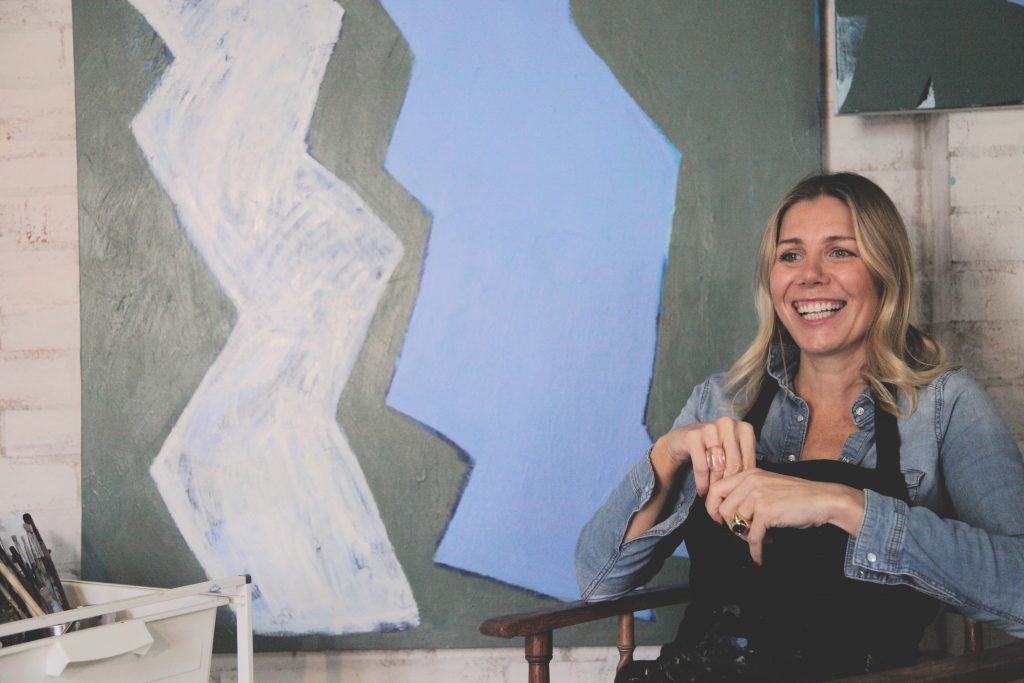
How do you think others view your work?
With all artists and that is if you are a musician, actor or painter, you’re really tapping into a pure source and translating an energy feel and you have to trust that process. Most great artists work is never understood in their current time as it's too advanced and ahead of its time; most people probably need another 50 years to catch up and understand it. That though is the beauty of art- today it is ugly and one day it becomes precious and beautiful. That’s what I love about it.
What inspires you?
Nature and humanity and I’m really interested in human beings and their behaviour and the "why we are here?" I’m fascinated by the whole mystery that surrounds us and for example why does one woman end up living a privileged life on this earth and another woman is a refugee struggling and living out of a back pack? I also like to tap into engaging and measuring happiness- it fascinates me that people believe living a wealthy life is better than living for example somewhere in the middle of Africa. I believe one of my missions is to wake people up.
Is all of your art one off pieces?
Yes, all my work is one off and I couldn’t recreate a piece even if I tried. I don’t believe there is an artist who can recreate a painting and even if they could, it wouldn’t be authentic.
Where to next for you in terms of your artwork?
I have an exhibition every two years as I feel my message is powerful and the work needs to be considered, so I will have another one soon. I believe this is just the beginning for me, I was practicing in my thirties and the universe was preparing me for my forties, so I believe the best is yet to come.

